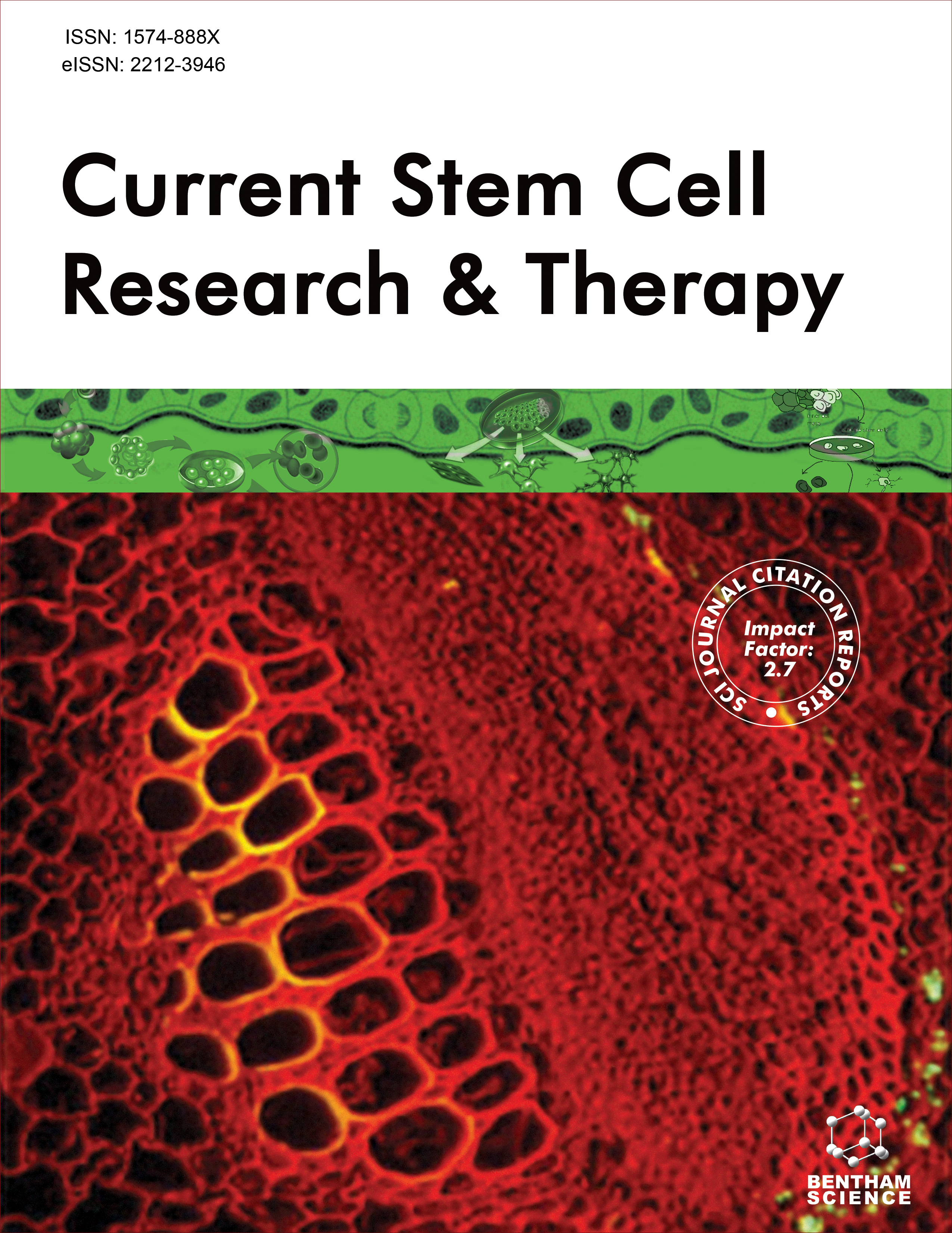
Full text loading...

Therapeutic angiogenesis is a new potential strategy for treating Peripheral Arterial disease (PAD). Human Umbilical Cord Blood Mesenchymal Stem Cells (hUCB-MSCs) and their secreted exosomes can effectively promote the formation of new blood vessels, making them important targets for research on therapeutic angiogenesis.
This study investigated the impact of hUCB-MSCs and their derived exosomes on the proliferation and migration of vascular endothelial tip cells.
The cultivation and identification of endothelial tip cells, hUCB-MSCs, and exosomes were conducted, followed by co-culturing hUCB-MSCs with tip cells and incubating exosomes with tip cells. qPCR was utilized to assess the expression levels of microRNAs in exosomes, as well as the expression levels of cell proliferation-related markers, miR-21-5p, and TGF-β1 in tip cells. Western blotting was used to analyze the levels of key factors associated with cell proliferation and apoptosis. Furthermore, CCK-8 assay, EdU staining, Transwell assay, and flow cytometry were utilized to evaluate cell viability, proliferation, migration, and apoptosis, respectively.
hUCB-MSCs/exosomes significantly enhanced tip cell proliferation and migration, while inhibiting apoptosis, with exosomes demonstrating superior efficacy. miR-21-5p, found within exosomes, was identified as a key factor downregulating TGF-β1 within tip cells. Furthermore, heightened levels of miR-21-5p were observed to enhance the proliferation and migration of tip cells while simultaneously inhibiting apoptosis. Notably, the impact of miR-21-5p was counteracted upon exposure to TGF-β1.
hUCB-MSC-derived exosomes, enriched with miR-21-5p, enhance endothelial tip cell function through targeted TGF-β1 suppression, offering a viable avenue for clinical interventions in PAD treatment.

Article metrics loading...

Full text loading...
References


Data & Media loading...